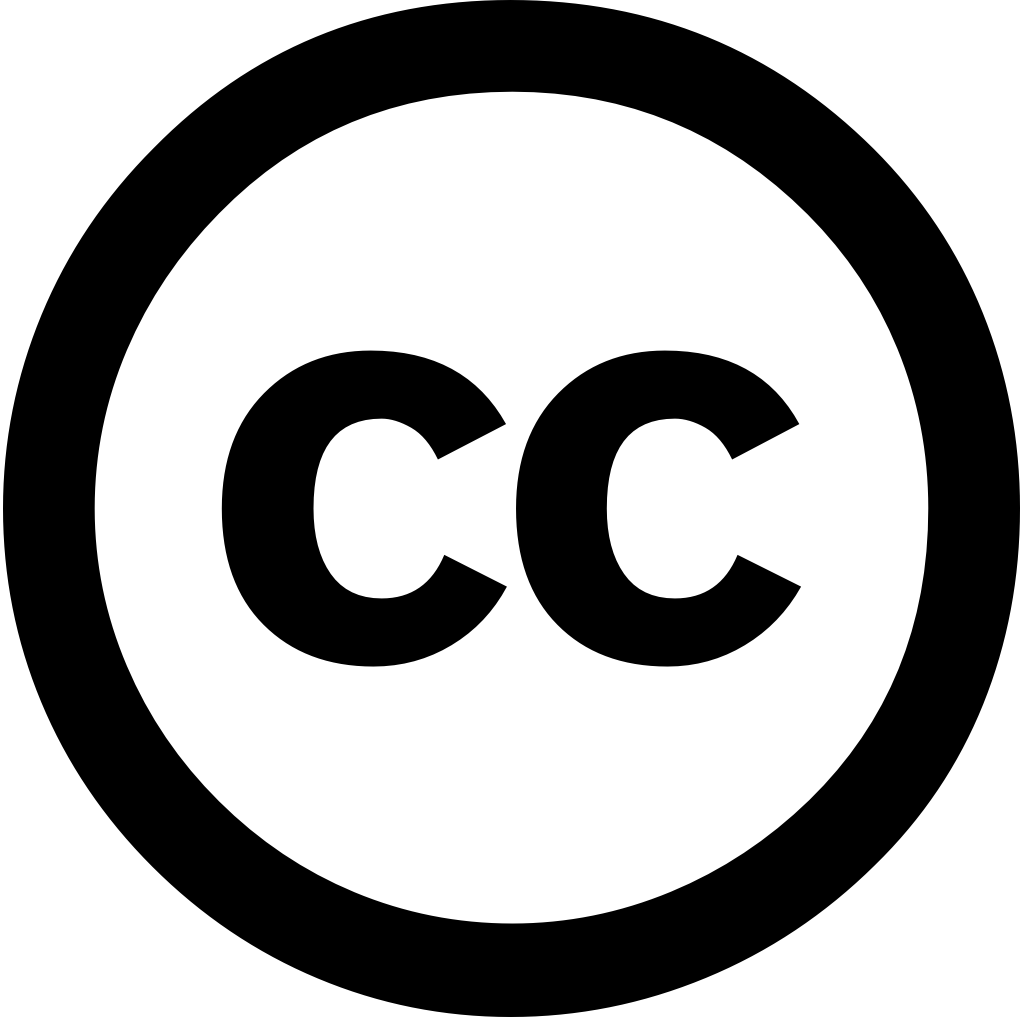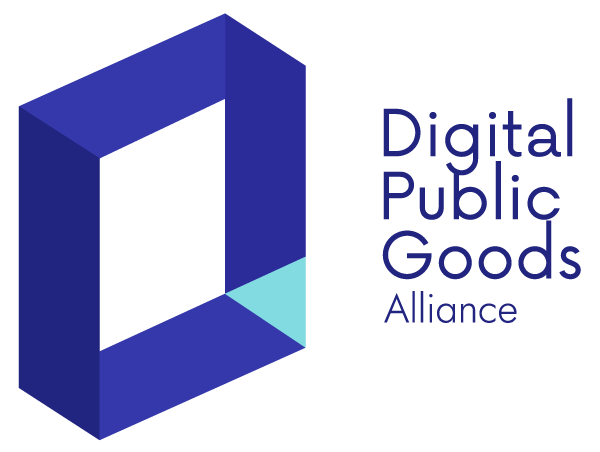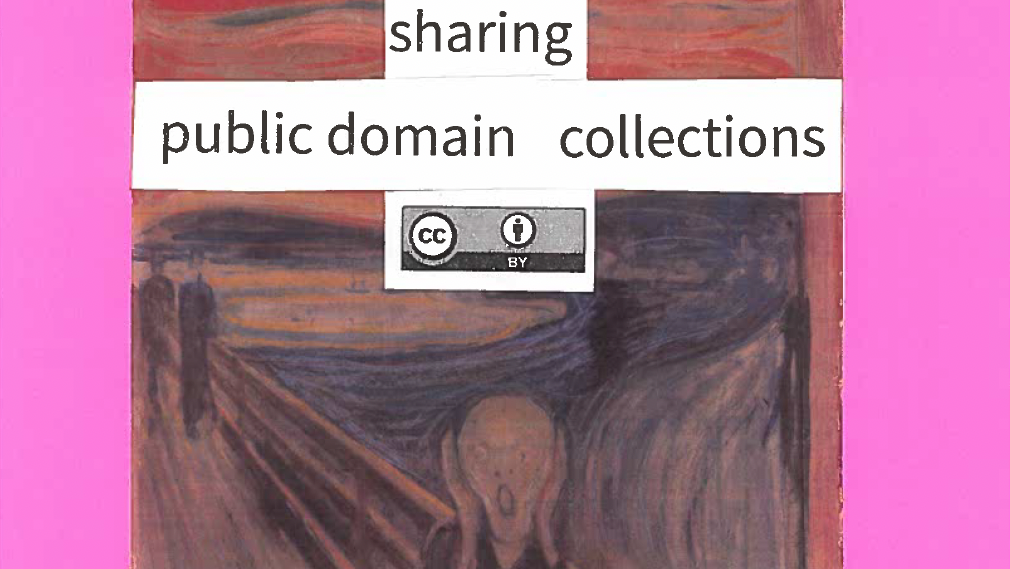Recap & Recording: Maximizing the Value(s) of Open Access in Cultural Heritage Institutions
mardi 12 mars 2024 à 15:26In February, we hosted a webinar in our Open Culture Live series titled “Maximizing the Value(s) of Open Access in Cultural Heritage Institutions.” In this blog post, we summarize the key points raised in the discussion and share a link to the recording.
Webinar highlights
One of the most common concerns we hear about the decision to go open is the impact on an institution’s revenue through selling licensed images. With this webinar, we aimed to shed light on those concerns and imagine alternative models that both support openness to collections while preserving institutions’ financial sustainability.
Panelists generally spoke about how the values and benefits of going open far exceed any potential loss of income. They also pointed out that cultural heritage institutions that go open get much better visibility and outreach online, thereby becoming a trusted source for information and images of their collections. This triggers new interactions with collections, fostering inclusive engagement and new forms of storytelling that are respectful of source communities. This in turn might lead to more onsite visits, increasing ticket sales.
Watch the recording.
Kicking off the conversation, Kristofer Erickson, Professor of Social Data Science at the University of Glasgow, offered evidence of the increased distribution of openly licensed images — with an estimation that if one assigned a commercial license rate to all 50 million files on Wikimedia Commons, the downstream economic value would equal about 22.5 billion US dollars. He said: “there’s a tremendous amount of value in free and open license materials both from cultural heritage institutions and from other informal, volunteer collective projects. And the challenge is making that material available and unlocking it so that it can be used by downstream users of all types.” He also emphasized the multiple layers of downstream uses and the positive spillovers that might be indirect but eventually link back to institutions.
Next to take the floor was Giovana Fontanelle, Program Officer, Culture and Heritage at Wikimedia Foundation. She presented data showing the comparison of page views to artworks at the Metropolitan Museum of Arts between the Met’s website and the Wikipedia articles in English and in all languages. Later in the conversation, she asked “does the sharing of culture, heritage images on social media, for example, cause negative financial, commercial and economic impacts for institutions? I believe that in 2024 most organizations right now understand that sharing their files on closed platforms doesn’t bring their financials down but actually helps to improve it in other ways down the line.”
We then heard from Elliott Bledsoe, Co-Lead of Creative Commons Australia and Wikimedia Australia Committee Member, who brought up the issue of the costs of digitization, and suggested considering a different approach: “We strive to make as much of our collection available to the public in a digital format online as we can, bearing in mind that there are reasons why we can’t make everything accessible, such as privacy or indigenous cultural, intellectual property, or other types of considerations. But if we take as a baseline that institutions want to make as much of their material accessible as possible, you can frame the idea of trying to get material digitized rather than being a transactional thing, a way of jumping the queue.” In this model, users would pay for the first instance of digitization of cultural heritage materials, which could then be made freely available online. In that new framing, payment would form part of a much bigger process: not as a condition for access, but as a contribution to supporting general access to cultural heritage for all.
Last but not least, Douglas McCarthy, Open GLAM Researcher and Author, critiqued institutions who choose to charge for image licenses with the headline that: “hardly any institutions actually turn a profit from that model. So the model of licensing content, asserting copyright or using contract law to control and attempt to monetize digital collections, was a bit more successful, slightly healthier, 20 years ago when I started in this area. That really isn’t the case now. Very rarely will you see a number in the black rather than the red, profit being returned from the classic picture library model, if we can call it that today.”
The discussion also touched upon alternative models for generating revenue which are not all-or-nothing, including charging for the first instance of digitization of a given work, which can then be shared publicly, as mentioned above, as well as a pay-what-you-can model. With equity at the center of many institutions’ missions in 2024, open access helps to ensure that audiences around the world can find and use cultural heritage that belongs to the public. Furthermore, open access creates more digital pathways back to the museum, leading to more financial stability through opportunities like partnerships as well as enhanced reputation through increased citations in academic papers. Other key takeaways included exposing and needing to escape the false binary of “free” versus “paying,” and uncovering the opportunity cost of not making collections freely and openly accessible: when collections are held behind (pay)walls, part of an institution’s impact and influence vanishes.
Thank you to the experts who joined us and shared their thoughts and research.
Learn More
During the webinar, panelists and participants shared some relevant resources.
- With Enough Eyeballs All Searches Are Diligent: Mobilizing the Crowd in Copyright Clearance for Mass Digitization
- We digitize the documents you order – the trial of digital delivery started in Jyväskylä (Finnish) Digitoimme tilaamasi asiakirjat – digitaalisen toimittamisen kokeilu käynnistyi Jyväskylässä | Kansallisarkisto
- The Public Domain needs preserving and digitising
- Open access arrives at the Cleveland Museum of Art | Europeana PRO
- UK Court Clears Path for Open Culture to Flourish – Creative Commons
- Saving Ukrainian Cultural Heritage Online
- Working with open licences: A guide for projects
- Museums in the Digital Age: Opening up at Birmingham Museums Trust | Europeana PRO
- The Rijksmuseum in Amsterdam Has Digitized 709,000 Works of Art, Including Famous Works by Rembrandt and Vermeer | Open Culture
- Making the case for impact at SMK | Europeana PRO
What is Open Culture Live?
In this series, we tackle some of the more complex challenges that face the open culture movement, bringing in speakers with personal and professional expertise on the topic.
- Back to Basics: Open Culture for Beginners
- Respectful Terminologies & Changing the Subject
- Whose Open Culture? Decolonization, Indigenization, and Restitution
CC is a non-profit that relies on contributions to sustain our work. Support CC in our efforts to promote better sharing at creativecommons.org/donate.
The post Recap & Recording: Maximizing the Value(s) of Open Access in Cultural Heritage Institutions appeared first on Creative Commons.
 +
+ 

